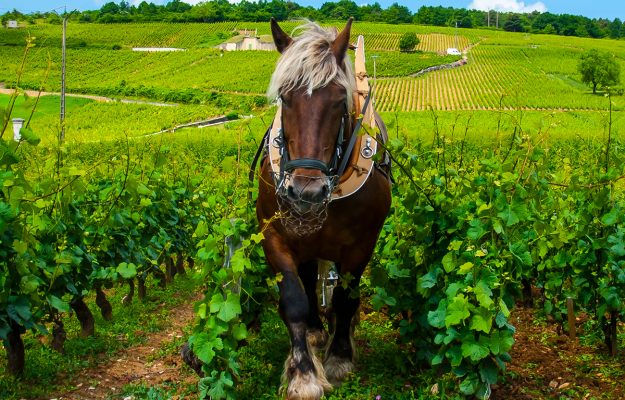Should the wording “Natural Wine” be put on labels? At the moment the issue is nebulous, and in search of a definition. That is, at least in Europe, where the in-depth analysis of “Il Corriere Vinicolo” conveyed the rather harsh opinion of CEO Agri to the EU Commission on the use of the wording “Natural Wine” on the label. Essentially, we read “the indication “natural wine” might suggest the idea of higher quality wine. There is a possibility that the use of the term “natural” will mislead the consumer”. To date, EU legislation is not very clear, but as the General Secretary of the Unione Italiana Vini (UIV), Paolo Castelletti, said, “the adjective used in the opinion of the CEO Agri, “misleading”, i.e., deceptive, is very clear, because reading the terms “Natural Wine” could seriously mislead the consumer about the core characteristics of the product. It could also lead to incorrect evaluations on the authenticity of wine in general. It is, therefore, an evident communication risk for the entire sector”.
It is precisely the communication aspect, more than the purely legislative one, which is at the center of the analysis, Ottavio Cagiano, CEO of Federvini told WineNews. “We must first ask ourselves what “Natural Wine” means. Wine is a product of man and his skills, from oenologists to agronomists, who over the decades have made wine better and better, both in the bottle and in the vineyard. The risk would be escalating towards a continuous distinction. On the one hand, this implies that the rest of the wines are not natural, while on the other, it assumes regulations, control bodies and so on, which is another complication yet”. But the damage, mainly, is communication. “What message do we want to give to the consumer?” Cagiano asked. “It is an elusive term that could easily create confusion. There are many ways, thanks also to digital technology, to communicate the specifics and characteristics of a wine. There is no need to write “Natural Wine” on the label, as the danger, more than anything else, is degrading the work of other producers and winemakers, who are the vast majority”.
Matilde Poggi, at the helm of FIVI (Italian Federation of Independent Winegrowers), is also not convinced of the value of using the terms “Natural Wine” on the label. “Our association”, she told WineNews, “does not have just one kind of wine, rather FIVI includes conventional, organic and natural winemakers. Personally, I find it a distinction that does not need to be labeled, because the movement of natural winemakers was created precisely in order not to be subject to rules, regulations and stakes. Instead, imposing a definition in a certain sense goes against the type of freedom that has always been pursued. Further, it is a very difficult definition to clarify and standardize”, commented Matilde Poggi.
The in-depth study of “Il Corriere Vinicolo”, includes the positions of the General Secretary of CEEV (the representative body of 23 wine producer associations from 12 European countries), Ignacio Sanchez Recarte, of the vice president of the Italian Wines Union (UIV), Sandro Sartor, the General Secretary of Federbio, Paolo Carnemolla, and the CEO of the Spanish Wine Federation (FEV), José Luis Benìtez. Overall, the opinion of the wine industry is that we need clear, coordinated rules. “The core of the problem”, according to the CEEV Secretary General, Ignacio Sanchez Recarte, “is not prohibition but application. I do not see why it is not possible for European law to provide concrete rules, including an appropriate term to present natural wines, in the interest of producers and consumers”.
Copyright © 2000/2026
Contatti: info@winenews.it
Seguici anche su Twitter: @WineNewsIt
Seguici anche su Facebook: @winenewsit
Questo articolo è tratto dall'archivio di WineNews - Tutti i diritti riservati - Copyright © 2000/2026







































































































































































































